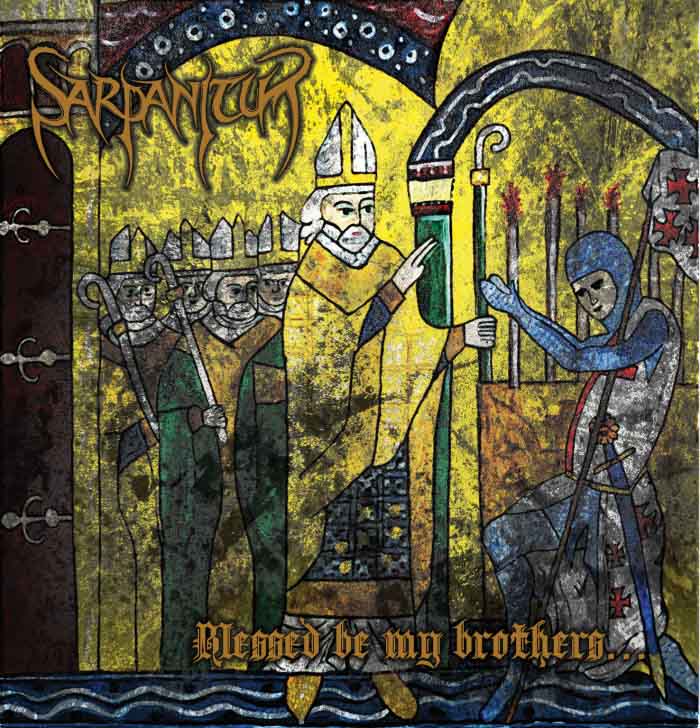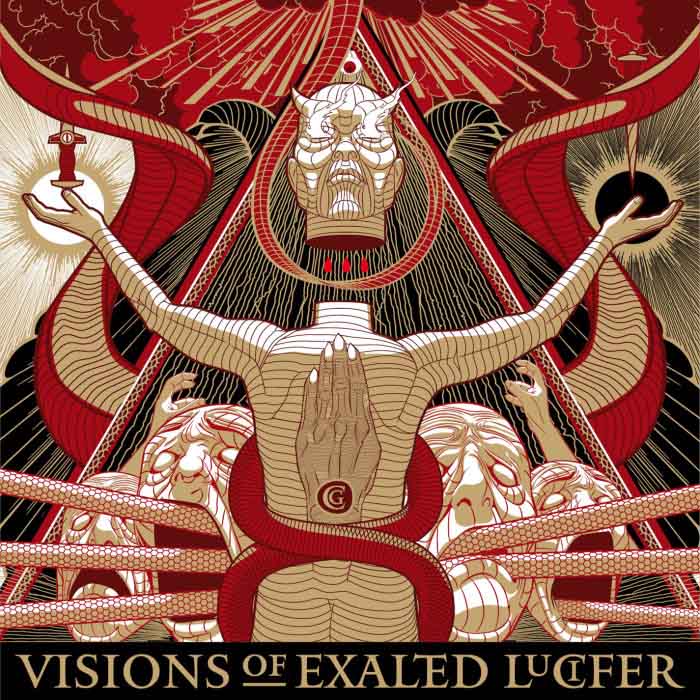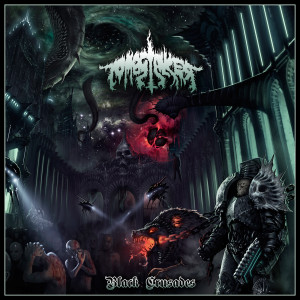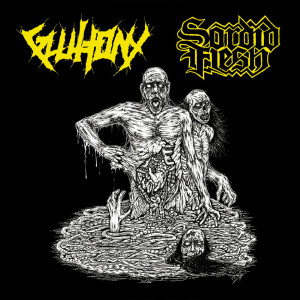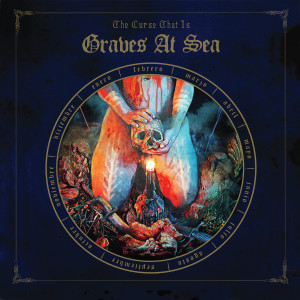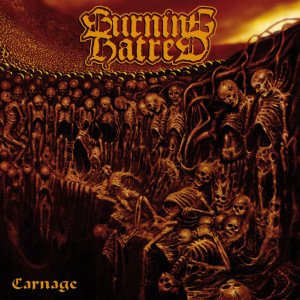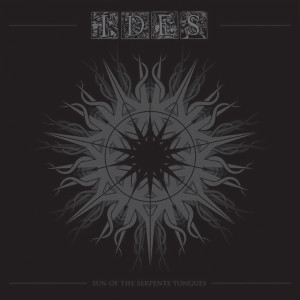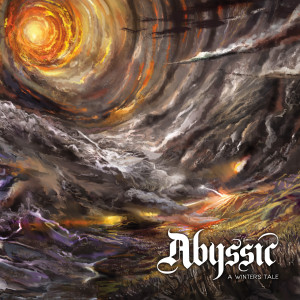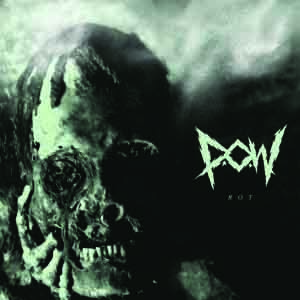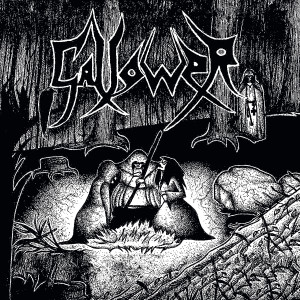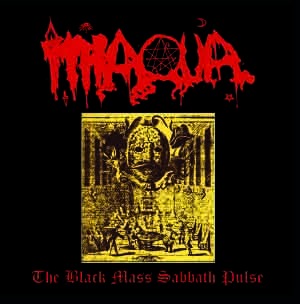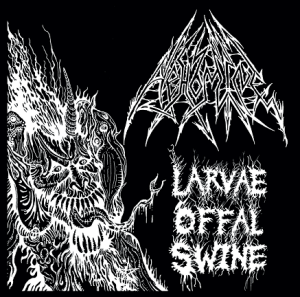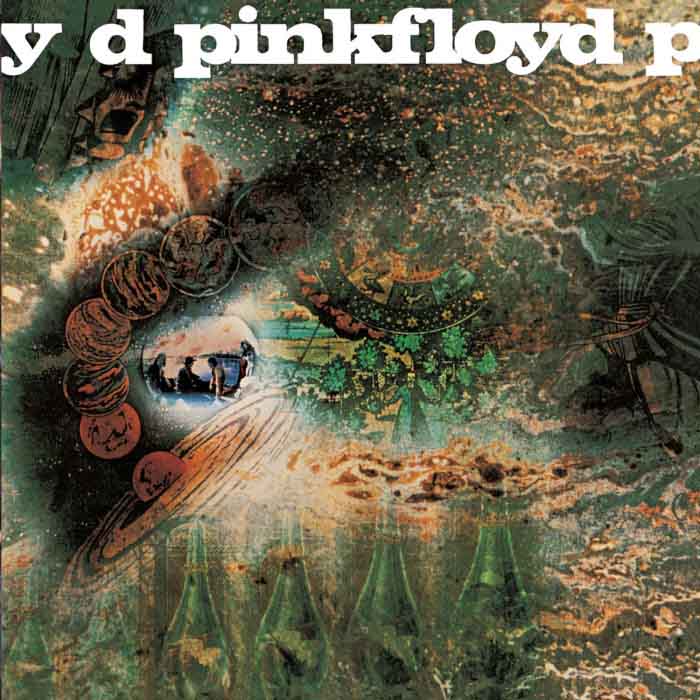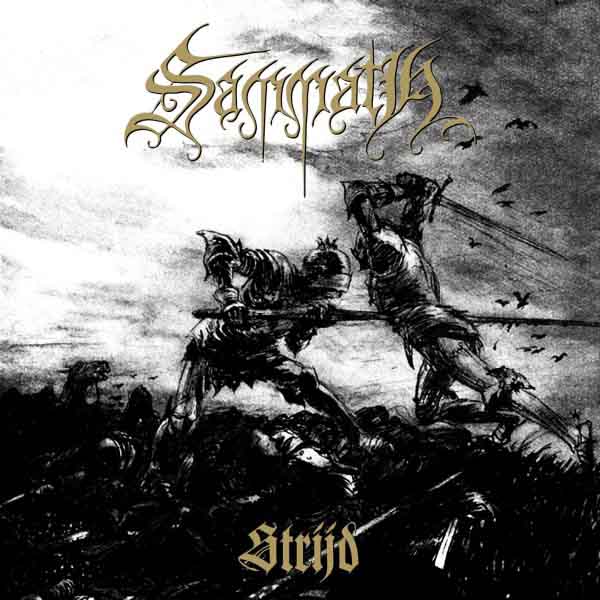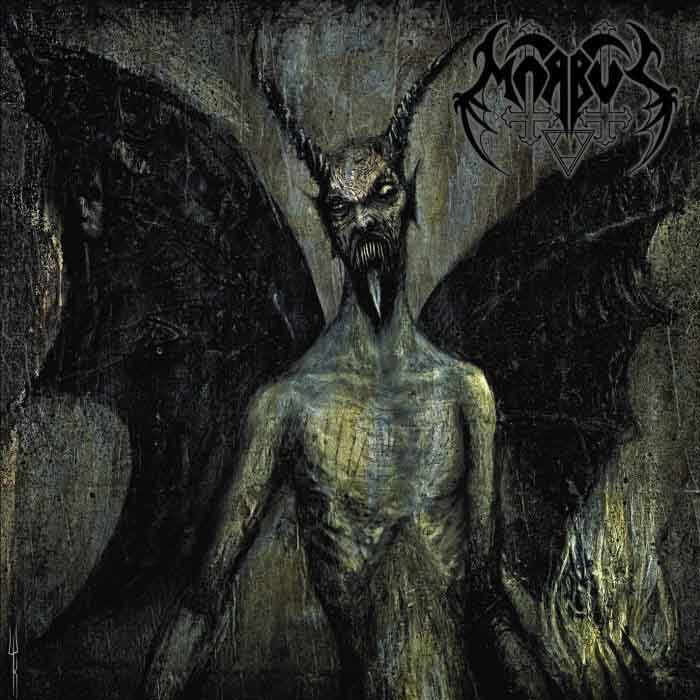Each of us finds a path through life. Along the way we collect things we believe in, and things we enjoy. Sometimes those become what our commerce-brained socially-manipulated society might call “hobbies,” but these are often closer to a calling. I was fortunate to interview someone who straddles that line. He calls himself “Metalhead Y Cigarguy” and he runs a successful YouTube channel where he analyzes cigars, pipes and often, heavy metal.
You’re both a metalhead and a pipes/cigar smoker. Do you think the two go together?
If you’re going by stereotypes, no, but that’s why stereotypes are bad. Typically the pipe/cigar smoker is viewed as educated and an upper class individual, whereas the Metalhead is viewed as the uneducated lower class individual. You and I both know this is not the case at all. Now when I first got into pipes/cigars I thought I was one of a few Metalheads that actually enjoyed “the finer things in life,” but I quickly learned that there were a lot of individuals that smoked pipes/cigars that listened to all forms of Heavy Metal music.
That’s the nice thing about the hobby of pipes and cigars, most individuals don’t care about race, religion, political view etc. as we all have a common bond and that’s pipes and cigars. When individuals come together, say the doctor and the Metalhead, at the local cigar lounge, the two can always have an interesting conversation about the hobby even if they disagree about everything else in life. The hobby of pipes and cigars is open to anyone and everyone.
How did you get into smoking cigars? When did you add pipes to your routine?
I used to just smoke a few cigars on the back deck in the summer time. At the time I really wanted to take up pipe smoking, but like most I didn’t really know where to begin, and I didn’t want to spend a bunch of money on something that I may not enjoy. Cigars seemed like an easy first step. After I found myself enjoying cigars I decided to get more into the hobby, so I purchased a small humidor and things took off from there. I soon found myself with several humidors and about 300 cigars on hand.
After being into cigars for a while I decided it was time to try a pipe, so I went to my local tobacconist and picked up a basket pipe and a couple ounces of Lane RLP-6. For the first couple months I only smoked my pipe about 2-3 times a month, but as I got the hang of it more I decided to spend a bit more money on a nicer pipe. Of course just like the cigar hobby, my pipe hobby took off as well. I now have a very well stocked cellar of tobaccos and about 35 pipes. Needless to say I really enjoy my pipes and cigars and pretty much all my spare cash goes into the hobby. My wife always asks, “Don’t you have enough tobacco/cigars?” and my response is always “no.”
You run a YouTube channel with pipe and cigar videos. Where can we find it, and what is on it?
I post a variety of videos on my channel. I have a Sunday Evening Cigar series where I usually review cigars but also discuss cigar related topics, I have a Thursday Pipe Chat where I discuss a variety of pipe/tobacco topics and sometimes I do an occasional pipe tobacco review. I have also done videos on my sports teams, as well as videos where I discuss Heavy Metal music. I’m open to all subjects, but mainly keep it to pipes and cigars.
What do you like about making videos, and why did you pick that format over others?
I started out many years ago on Heavy Metal forums like Metal Rules, Encyclopedia Metallum, Roadrunner Records etc., and when I got serious about cigars I discovered the Cigar Geeks forum. I posted on that forum daily for a good 3 years straight, and there is a great group of individuals over there. As I had grown in my cigar hobby I decided to give pipe smoking a try as I had always wanted to smoke a pipe.
After beginning my adventure into pipes I discovered there was a community on YouTube. After seeing the interaction from people I decided to jump in and give it a go and make videos. As with most people my videos sucked at first, heck they probably still do, but it gave me a better interaction with individuals in the hobby. Forums can be useful, but many times people don’t get to detailed about a particular subject; where as with YouTube a person can spend 5, 10, 15 + minutes talking about a particular subject and provide more in depth information about something you want to know about.
With YouTube its more of a face to face type interaction as you are watching the individual demonstrate tips, tricks, how-tos etc. with the actual pipe and/or cigar, so as a visual learner it was ideal for me. For a long time I didn’t have anyone to sit back and enjoy a pipe or a cigar with either, so by watching YouTube Pipe Community (YTPC) videos I was able to simulate that experience even if it was only a one way conversation. I think that’s why a lot of us do it… to share a smoke with someone and to have some interaction that way.
What is the YouTube Pipe Community (YTPC) and how did you become part of it? What does it do, and how can people find out more?
YouTube is full of different communities that cover topics from Guns/Self Defense, Bushcraft, Gamers, etc., and if you’re interested in a particular hobby then chances are there is a community for it on YouTube. YT has a strong pipe/cigar community that’s been around for a long time. I’ve been a part of the YTPC for four years now, and it was going strong when I joined. It’s basically a community of individuals that post pipe and/or cigar related videos, and create dialog with individuals based off those videos.
Its similar to a forum, but the dialog is generated from the videos. Sometimes instead of just typing out a text reply to the video, individuals will make a video response and post a video that will respond to the topic mentioned in a video by another person. Within the community you will find people that post tobacco and pipe reviews, cigar reviews, how to videos related to pipes and/or cigars, and sometimes people just create ramble videos.
Those are simply the individual talking into the camera as if they were sitting next to an individual and sharing a pipe and/or cigar with them. There are a lot of people that don’t have the opportunity to have a smoking buddy, so many of us can simulate that by watching the ramble type videos and pretend we are hanging out with said individual. Those types of video’s aren’t for everyone, but some people really enjoy them.
Anyone can join the community, all you have to do is post videos. There are no requirements to join other than to just start posting videos. What kind of videos is up to the individual. For lack of a better term, the community is filled with many “lurkers,” which are individuals that watch the YTPC videos, but don’t actually post videos themselves. Some comment on the videos and some don’t, but they watch to gain knowledge when it comes to pipe/cigar related topics.
Really that’s the whole idea behind the community, to help educate other pipe/cigar smokers with tips/tricks and how to information. For example how to pack a pipe, how to properly light a cigar etc. I started out as a lurker, and began watching how to videos before buying my first pipe. I then continued to watch and found that the community was full of a lot of great people. After watching for about five months I decided to give it a go and post a video. It was really weird just talking into a camera all by myself, but the community was very welcoming.
In the past four years I’ve made some good friends, and have had the pleasure of going to pipe/cigar related events where I’ve been able to meet up with other individuals from the YTPC in person. A lot of us will from time to time talk via Skype or Google+ Hangouts, and via a phone app called Voxer. I regularly talk via Voxer with individuals from Australia, Great Britain, and all across the the US who are a part of the YTPC. So it really is a community that goes beyond just posting how to videos etc.
When did you get into heavy metal? What attracted you to it, and what were your favorites? Do you have a “top ten”?
Growing up in the Pacific Northwest when the Grunge/Alternative Rock scene broke open it was easy to get into bands like Nirvana, Alice In Chains, Pearl Jam, Mud Honey, Soundgarden, etc. After a few years it was clear to me that the scene was dying, and the new bands that were coming out were very stale and provided nothing new. As the casual Hard Rock and Heavy Metal listener I expanded on the Heavy Metal side and I became a huge fan of Ozzy Osbourne and Black Sabbath in the mid 90s.
I then got into the Nu-Metal scene, but realized fairly quickly that there was heavier stuff that was better. By the end of the 90s I was getting into more Thrash, outside the Big Four, and into Death Metal and even some Black Metal. As time passed I really came to enjoy the old school Death Metal and Thrash Metal that I missed in the 80s as a young kid and while I was listening to Grunge/Alternative in the early 90s.
Now days I find myself mainly listening to the Traditional Heavy Metal like Ozzy, Black Sabbath, Judas Priest, along with the old school Death Metal bands, Death, Cannibal Corpse, Obituary, Deicide, Malevolent Creation, and Thrash Metal bands like Overkill, Testament, Exodus, etc. outside the Big Four. I enjoy all varieties of Metal though as you can find me listening to Progressive Metal, Power Metal, Doom, Folk Metal, Black Metal etc. I enjoy all of the sub-genres.
What do you look for in a cigar or pipe tobacco blend? Are some better than others? Are there others you “just like”?
When it comes to cigars I like anything from Mild up to Full bodied, though if I’m having a Full bodied cigar I need to go slow and make sure I have a nice meal before hand otherwise I’ll feel the nicotine punch. I prefer a nice Mild-Medium cigar in the morning with a nice cup of coffee, and in the evening I prefer a nice Medium-Full cigar with a nice ale or some whiskey. My favorite brand of cigar is Romeo Y Julieta, and of those lines I really like the Reserva Real and the classic 1875 line.
As for pipe tobacco, I started off with aromatics like many do. I still enjoy an aromatic from time to time, and if I do have an aromatic its usually in the morning with a cup of coffee. As I got more into pipes I really found that I enjoy English/Balkan blends the most. Typically anything with Latakia, Turkish/Oriental, Virginia and Perique will be a favorite of mine. Looking back on most of my favorite blends, they all have those components to them. I also find that I really enjoy McClelland tobaccos. Not saying they’re better than brands like MacBaren, Cornell & Diehl etc., but I find I really enjoy a lot of the McClelland blends.
What should people know before getting into cigar/pipe smoking? What about before they start listening to heavy metal?
With pipes/cigars… just know that its going to be expensive, especially cigars. A nice cigar here runs $5-9 so the cost can definitely add up. The higher end premium cigars range from $10-15+ so its not cheap at all. That doesn’t include accessories like humidors etc. With pipes and pipe tobacco its not as bad as you can get away with an inexpensive corn cob pipe (which are really good smoking pipes) and some inexpensive bulk blends. Though you can find yourself spending hundreds of dollars on some very nice pipes too, so it can be very costly as well. Then adding tobacco to your tobacco cellar will generate an expense as well. Either way you’re going to be spending some hard earned cash. How far into the hobby you want to go will determine how much money you’re going to invest in the hobby.
Heavy Metal carries a bad stereotype, and the music is viewed by many as a guy standing there screaming into the microphone while the band plays unorganized loud music. Now in some cases that may be true, depends on who you’re listening to, but the professional Metal bands are actually very talented musicians with many playing at a high level. Though most people can’t get past the loud noise. Then there is the typical images of hate and satanism.
Now some bands have this image or have lyrics about these types of messages, but not all bands are that way. There are plenty of Metal bands that sing about a positive message. Its up to the listener to decide their preference. For someone that wants to explore Heavy Metal… go for it! You have to look past the stereotypes. There are all kinds of sub-genre’s of Metal so while one genre may not fit your style another might. Sometimes it takes time to really wrap your head around what you’re listening to as well.
For example the first time I listened to Mercyful Fate (King Diamond), his falsetto singing really threw me off and I was like, “What the heck is this?” I wasn’t ready for it, so I put the album on the shelf for about a year. When I came back to it I was blown away by what i was listening to. Now Mercyful Fate and King Diamond are two of my favorite bands. Sometimes you just need to recognize you’re not ready for something, and instead of just dismissing it, come back to it at a later time. Your outlook may change.
Is there a “generation gap” between older pipe smokers and younger ones regarding the video format? Are there any newer formats that bridge the gap?
The forums are most likely to bridge the gap, because unless an individual shares information about themselves you don’t really know the age of the different individuals. As for YouTube, there are many older pipe smokers that make YouTube videos. It’s not just a young pipe smokers format.
The individuals in the YTPC don’t care if an individual is in their early 20s and just picked up a pipe, or if they’re in their 60s and have been smoking a pipe for 40 years. Everyone interacts with everyone. It’s a great community full of helpful information and individuals that love to share their thoughts on the hobby.
How do you make your videos? About how long does each one take? Does it require special equipment, software or a studio?
I keep it real simple as i do it for fun. If it gets to detailed it becomes a chore and then it’s not fun anymore. When I was doing my Thursday Pipe Chat and my Sunday Evening Cigar series on a weekly basis with editing, I was spending a lot of time on my computer (hours). Now I just use my cell phone which records in HD quality. If I do any editing it can take a little bit of time, but I don’t do that much anymore as I prefer to just click record and stop and then upload. It’s so much more easier. Is the video quality lower?… that’s for the viewer to decide.
If people are interested in what they read here about you, where do they go to find out more and stay on top of your latest doings?
14 CommentsI still chat on the Cigar Geeks forum from time to time, but not as much anymore. I chat on the Pipes Magazine forum on a regular basis currently and of course I’m still making videos for my YouTube channel. I can’t see how anyone would want to keep up with me, as I don’t find myself that entertaining, but if they really want to then the best place is my YouTube channel.
Tags: cigar tobacco, cigars, pipe tobacco, pipes, tobacco, video blog, youtube pipe community, youtube videos

